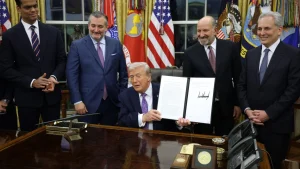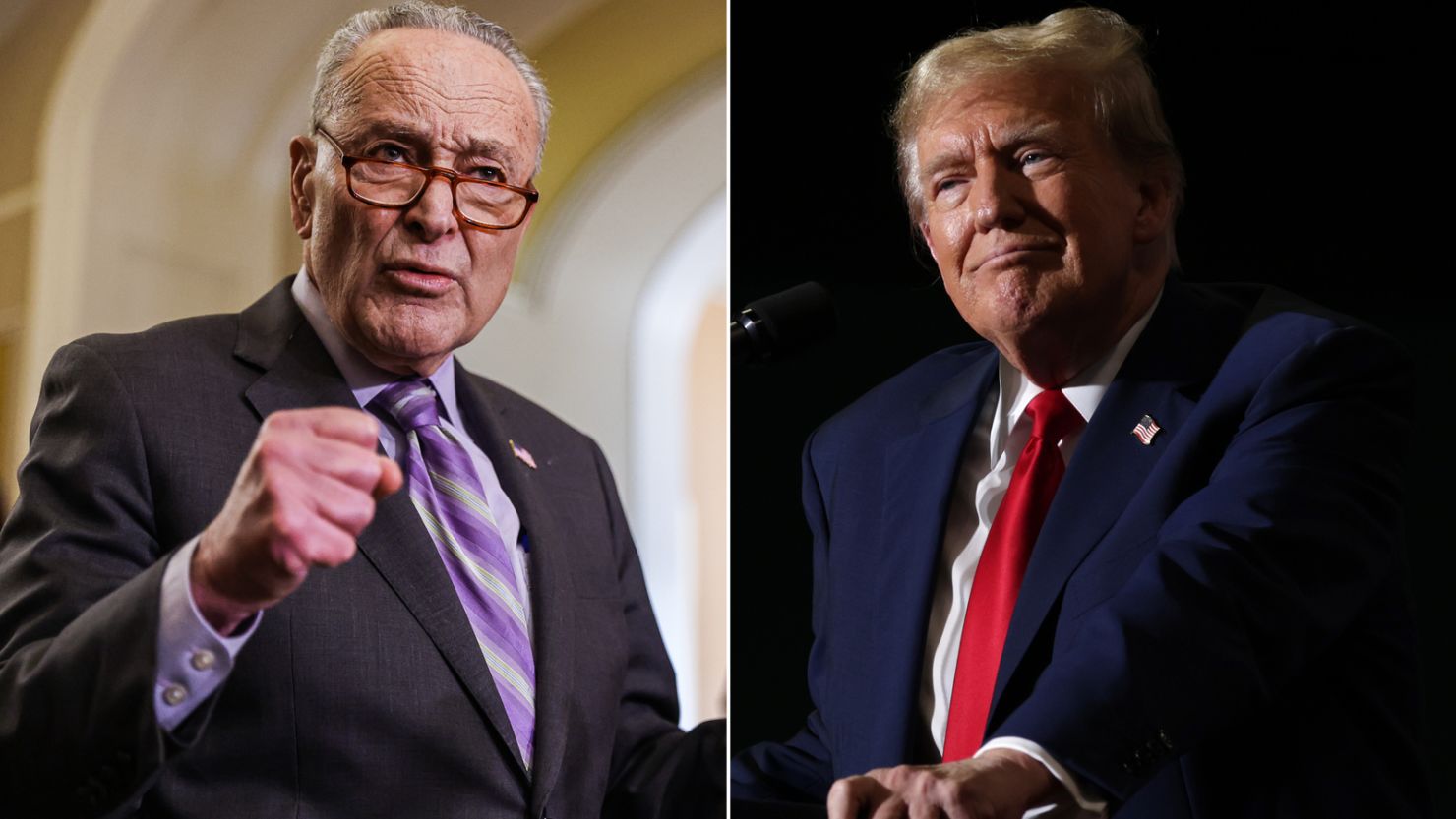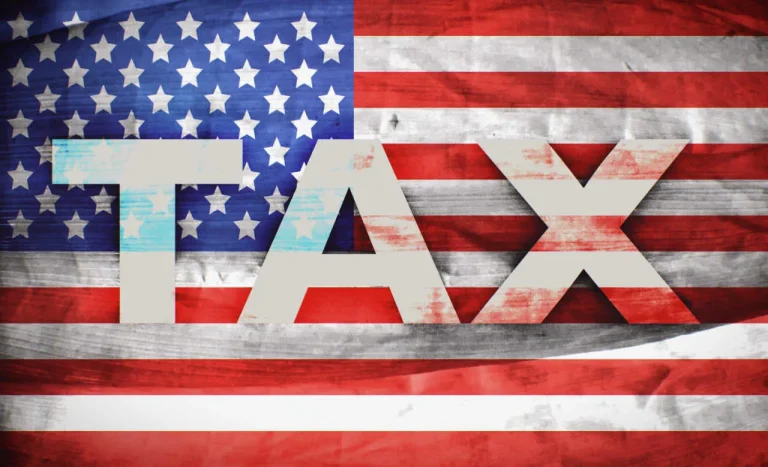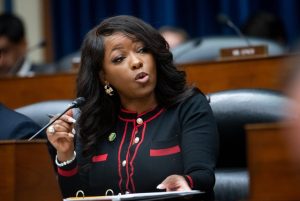Bipartisan hopes for progress on long-stalled presidential nominations crumbled late Saturday night after tense Senate negotiations collapsed, ending in a dramatic impasse that left both parties pointing fingers and critical government positions unfilled as Congress heads into its August recess.
What began as a day of cautious optimism devolved into a political standoff, fueled by competing priorities over federal funding, nominee confirmations, and executive authority. Sources familiar with the talks say that senior Senate Democrats had pushed for the unfreezing of more than a billion dollars in federal appropriations—including funds for the National Institutes of Health and foreign aid programs—as part of a package deal to confirm a slate of non-controversial nominees who had already cleared committee approval with bipartisan support.
The Senate had been poised to vote on up to 60 of President Donald Trump’s nominees before recess. Many of the individuals under consideration had been waiting for final confirmation votes for weeks, some for months. Legislative staff on both sides confirmed that multiple offers were exchanged throughout the day, with expectations that a deal could be struck in time for a late-night series of floor votes.
But as talks progressed, frustration mounted among Republican negotiators who accused Democrats of shifting demands and moving the goalposts. Senator Markwayne Mullin (R-OK), involved in the discussions, described a breakdown in trust, stating that the negotiations had cycled through at least three iterations in less than 24 hours. “Every time we were close to something workable, they came back with more,” Mullin said. “At some point, you realize it’s not about finding common ground—it’s about pushing the limits.”
Senate Majority Leader John Thune (R-SD) confirmed that despite extensive back-and-forth, no mutually acceptable agreement was ever finalized. “We were hopeful, we had a framework, but in the end both sides couldn’t lock it in,” Thune told reporters.
At the center of the dispute was a broad request from Senate Democrats to tie nominee confirmations to fiscal guarantees—particularly assurances that the White House would not seek additional funding clawbacks later in the year. While Democrats insisted these conditions were consistent and rooted in legislative precedent, Republicans viewed the approach as a form of pressure politics.
The situation took a decisive turn after President Trump, who had been closely monitoring the negotiations, publicly rejected the proposed deal. In a sharply worded post on Truth Social, Trump alleged that Senate Minority Leader Chuck Schumer (D-NY) had issued an “egregious and unprecedented” demand in exchange for proceeding with votes on the nominees.
https://twitter.com/EricLDaugh/status/1951772845597417507
“Do not accept the offer,” Trump instructed GOP lawmakers. “Go home and explain to your constituents what bad people the Democrats are, and what a great job the Republicans are doing, and have done, for our Country. Have a great RECESS and, MAKE AMERICA GREAT AGAIN!!!”
He further accused Schumer of engaging in “political extortion,” claiming that the funding request—reported to exceed $1 billion—was a veiled attempt to hold the nomination process hostage.
Schumer responded from the Senate floor, characterizing Trump’s remarks as impulsive and damaging to the legislative process. Flanked by a poster board displaying the president’s Truth Social post, the Democratic leader said, “He took his ball, he went home, leaving Democrats and Republicans alike wondering what the hell happened.”
Despite the collapse of the broader deal, the Senate confirmed just seven nominees before adjourning for its scheduled recess. The remaining dozens will now have to wait until at least September, when lawmakers return to face not only the backlog of nominations but also looming appropriations deadlines.
Republicans, for their part, have signaled they may revisit structural changes to the Senate confirmation process upon their return, though no formal proposals have yet been introduced. Recess appointments are not currently under active consideration, according to GOP sources.
While the political fallout continues to unfold, the episode underscores the challenges facing a deeply polarized Congress—where even routine confirmations can become entangled in high-level brinkmanship over funding, executive authority, and party loyalty. With government operations, judicial vacancies, and diplomatic posts hanging in the balance, the Senate’s return in September promises to bring renewed tensions and heightened stakes.

Emily Johnson is a critically acclaimed essayist and novelist known for her thought-provoking works centered on feminism, women’s rights, and modern relationships. Born and raised in Portland, Oregon, Emily grew up with a deep love of books, often spending her afternoons at her local library. She went on to study literature and gender studies at UCLA, where she became deeply involved in activism and began publishing essays in campus journals. Her debut essay collection, Voices Unbound, struck a chord with readers nationwide for its fearless exploration of gender dynamics, identity, and the challenges faced by women in contemporary society. Emily later transitioned into fiction, writing novels that balance compelling storytelling with social commentary. Her protagonists are often strong, multidimensional women navigating love, ambition, and the struggles of everyday life, making her a favorite among readers who crave authentic, relatable narratives. Critics praise her ability to merge personal intimacy with universal themes. Off the page, Emily is an advocate for women in publishing, leading workshops that encourage young female writers to embrace their voices. She lives in Seattle with her partner and two rescue cats, where she continues to write, teach, and inspire a new generation of storytellers.









